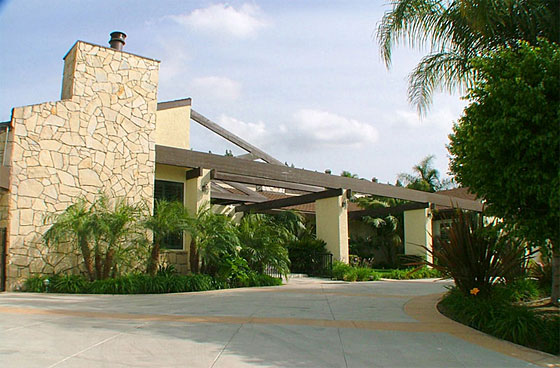Voluntary
Rehab Centers
People with treatable and identifiable needs that arise from
chemical and alcohol dependency will be able to benefit from voluntary
rehab centers. People who register voluntarily for treatment receive
medical care in conjunction with nourishing meals, adequate housing
and beneficial work therapy. Patients will also be able to get
counseling in wholesome, clean environments, expert plus spiritual
guidance.
 Voluntary Addiction Rehab Center
Voluntary Addiction Rehab Center |
|

Available to anyone regardless of race, color, national origin
or economic status, voluntary rehabilitation is the first step
in attaining balanced health and kicking a drug or alcohol addiction.
Programs that are voluntary tend to work for people who are seriously
committed to getting better and are receptive to the help that
will be provided for them.
Aside from drug and alcohol addiction, voluntary rehab centers
also specialize in dual diagnoses, co-occurring disorders, eating
disorders as well as learning how to recover from effects of drug
addiction which are devastating.
Centers for rehabilitation, whether voluntary or not should focus
primarily treating substance abuse for both inpatient and outpatient
care. There are programs for mental co-occurring disorders of
substance abuse especially depression. Services for people with
special needs such as those who are hearing impaired, blind or
speak foreign languages are also provided by some voluntary addiction
centers.
When voluntary
rehab patients realize that they need help in dealing with substance
and alcohol abuse, they are thus more receptive to treatment and
are easier to treat because they feel more in control of their
otherwise out of control lives. For instance those in voluntary
rehab may choose to continue working at their jobs or other outside
activities. However, for persons who are below the age of eighteen
or twenty one, depending on what state you are in, your parents
may need to co-sign if you check yourself in.
Just like regular rehab centers, the difference when it comes
to voluntary rehab facilities is that you check yourself in voluntarily
and you can check out just as easily. This is different from court
ordered rehab or other non-voluntary rehab.

Voluntary Drug Rehab Center
In a voluntary rehab situation, you will still be able to access
psychotherapeutic or medical treatment for your dependence on
substances such as alcohol, prescription drugs, or illicit street
drugs like methamphetamines, heroin or cocaine. Some of the consequences
of addiction are of course legal, psychological, financial, physical
and social.
Voluntary addiction rehab facilities may include residential
treatment, local support groups, outpatient treatment, inpatient
treatment, sober houses or services for extended care.
Effectively treating dependency
on specific substances needs to focus on the addict's
multiple needs and not just on the abuse of the drug itself. The
first part of treatment is usually detoxification that is doctor
assisted. Detox itself will not change the long term occurrence
of abuse, however.
It is recommended that behavioral modification therapy, cognitive
therapy and other holistic or traditional therapies be used as
well as medication for more effective treatment.
The various treatments involved in voluntary centers are the
same as non-voluntary commitments and may include mental health
and medical services, community and family recovery systems of
support and follow up options. For treatment centers of alcohol
and drugs, a provision of guidance, medical personnel, the right
environment and a qualified staff is the key to significant improvement.
|


